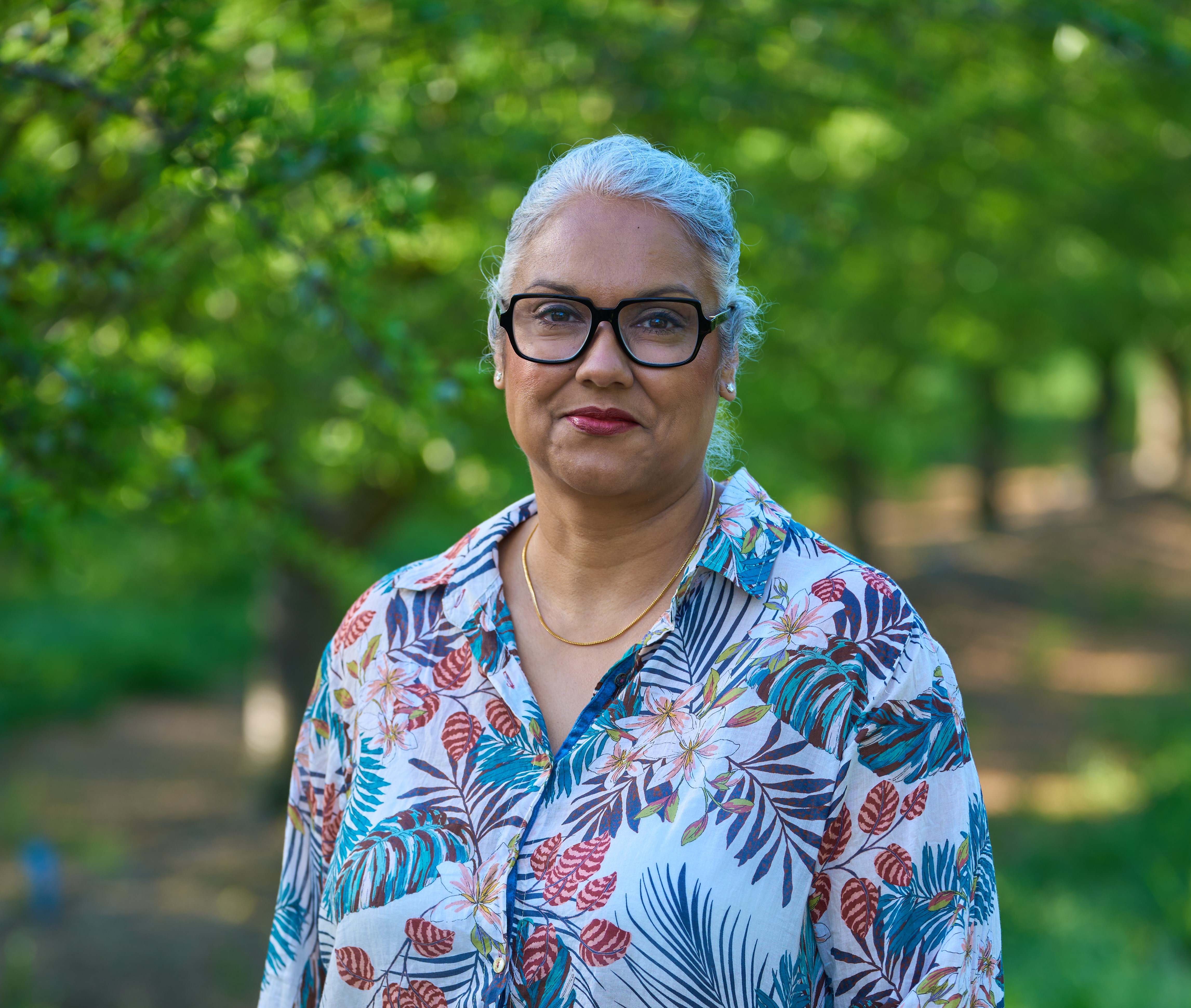See ABC at Sustainable Brands '22
October 17-20, 2022 | Booth #203

Are you attending Sustainable Brands ‘22 this October? ABC is exhibiting in San Diego, showcasing the latest educational resources on almond sustainability innovation! If you’re attending and are available to meet, please reach out to hmaan@almondboard.com or stop by the booth during Expo hours.

Harbinder Maan, Associate Director, Trade Marketing & Stewardship at the Almond Board of California, will also be speaking on Wednesday’s panel discussion about consumer sustainability identities and behaviors most relevant for consideration and purchase.
Panel Discussion: Examining the Gap Between Say + Do: The Sustainability Engagement Spectrum
Wednesday, October 19th from 12:45 – 1:45 PM
Living more sustainably is an aspiration for almost everyone – study after study tells us consumers want to make choices that are better for people and planet. But there is a big gap between intention and action. In this session, Porter Novelli will share research from their study "Examining the Gap Between Say + Do.” The data shows where the majority of consumers sit on the sustainability engagement spectrum, barriers to greater adoption, and opportunities to drive change that benefit both shareholders and society. Attend this session and panel discussion to learn more about how leading brands are driving more sustainable consumer behavior.
Learn More